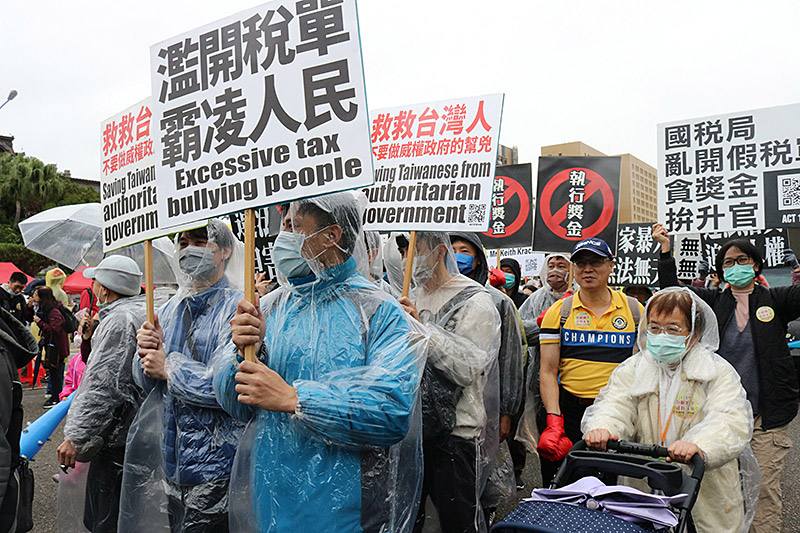IMF Staff Concludes Visit to Paraguay
An International Monetary Fund (IMF) staff team led by Mr. Bas Bakker visited Asuncion during November 12-15, 2018 to discuss recent economic developments and policies. At the conclusion of the visit, Mr. Bakker issued the following statement:
“Paraguay’s economy continues to perform well, despite a less favorable external environment. GDP is likely to grow by around 4¼ percent this year; inflation, at around 4 percent, is near the mid-point of the central bank’s target range; and the depreciation of the guaraní vis-à-vis the dollar this year has been modest compared with other countries in the region.
“This strong performance is in line with that of the past decade and a half. Paraguay has grown at an average rate of 4½ percent since 2003. This was not only much faster than in the preceding two decades, but also well above growth rates of most other countries in the region. While the boom in commodity prices was an important factor in delivering strong growth, consistently prudent macroeconomic policies also played a key role. The new government’s commitment to continue to adopt prudent policies is therefore encouraging.
“The key challenge going forward is to sustain rapid and inclusive growth. We currently project growth of 4 percent in 2019, and similar growth rates over the medium term. The policy rate at 5¼ percent, is supportive. Indeed, credit growth has accelerated, and is now growing by 14 percent year on year, which is boosting domestic demand. External developments, including economic developments in Brazil and Argentina pose downside risks, but Paraguay has demonstrated resilience to past recessions in these countries. Monetary policy will have to strike a balance between supporting the economy and preventing overheating.
“Fiscal policy remains well anchored by the fiscal responsibility law (FRL). The proposed 2019 budget targeting a deficit of 1½ percent of GDP is in line with the FRL’s ceiling but reaching the target requires keeping spending growth in line with revenue increases.
“In the medium term, continued rapid growth will necessitate shifting from extensive growth (based on higher employment rates and expansion of agricultural land) to intensive growth (based on productivity increases).
“The government can help with this shift by addressing structural supply impediments. It can create an environment conducive to private sector investment by addressing large infrastructure gaps (including through PPPs), improving governance and transparency, reforming the justice system, and providing more effective public services in health and education where Paraguay trails. More generally, policies to make growth more inclusive will be needed to address income and wealth inequality, still among the highest in Latin America. Reforms to strengthen the financial sector, including by reforming the pension system while the population is still young, will further support the private sector and help mobilize private sector savings.
“Some of these necessary reforms will require additional resources. Broadening the tax base—by reducing exemptions and boosting compliance—and increasing non-tax revenue (including from the upcoming revision of the Itaipú treaty) may help bring in more resources even if tax rates stay the same. Using existing funds more efficiently will also help to expand the fiscal envelope for reforms.”
Source: International Monetary Fund
- 235 reads



